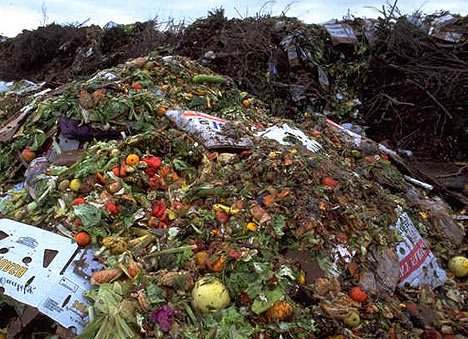 We recognize everything around us as a gift of God to us as children. This means that is important to carefully manage the world, our treasures, our time, ourselves, and the very decisions of our day with Christ in mind. Each month we will spend time focusing on a specific area of stewardship. For this month we are going to focus on food and the presence of hunger. We openly admit to not being experts, but are on the journey of becoming disciples.
We recognize everything around us as a gift of God to us as children. This means that is important to carefully manage the world, our treasures, our time, ourselves, and the very decisions of our day with Christ in mind. Each month we will spend time focusing on a specific area of stewardship. For this month we are going to focus on food and the presence of hunger. We openly admit to not being experts, but are on the journey of becoming disciples.
The world is facing a hunger crisis unlike anything it has seen in more than 50 years. 925 million people are hungry worldwide.
Every day, almost 16,000 children die from hunger-related causes. That’s one child every five seconds.
There were 1.4 billion people in extreme poverty in 2005. The World Bank estimates that the spike in global food prices in 2008, followed by the global economic recession in 2009 and 2010, has pushed between 100-150 million people into poverty.
Did you know? In 2008, nearly 9 million children died before they reached their fifth birthday. One-third of these deaths are due directly or indirectly to hunger and malnutrition.
 Part 2. Hunger Impairs Our Children in Significant and Long-Lasting Ways.
Part 2. Hunger Impairs Our Children in Significant and Long-Lasting Ways.
Undernourished children under the age of 3 cannot learn as much, as fast, or as well. Lack of enough nutritious food impairs a child’s ability to concentrate and perform well in school. Children who don’t get enough nutritious food are more susceptible to the negative effects of skipping breakfast on their ability to think and learn.
Children who do not get enough nutritious food have more behavioral, emotional, and academic problems and tend to be more aggressive and anxious. Teens who regularly do not get enough to eat are more likely to be suspended from school and have difficulty getting along with other kids.
50.1 million Americans, including more than 17 million children, lack the means to get enough nutritious food on a regular basis, according to a 2009 USDA study. They are food insecure and struggle with hunger. Food insecurity exists in 17.4 million households in the United States; 4.2 million of them with children in them.
Rates of food insecurity were substantially higher than the national average among households with incomes near or below the Federal poverty line, among households with children headed by single parents, and among Black and Hispanic households.
Food insecurity was most common in large cities, but still exists in rural areas, suburbs and other outlying areas around large cities. The typical (median) food-secure household spent 33 percent more for food than the typical food-insecure household of the same size and composition.
Fifty-seven percent of food-insecure households in the survey reported that in the previous month they had participated in one or more of the three largest Federal food and nutrition assistance programs: SNAP (food stamps), WIC (Supplemental) and school lunch.
You can find the full report here.
 Part 4. What happens when the body is hungry?
Part 4. What happens when the body is hungry?
Hunger leads to hunger pains. Hunger pains are the cramping of the stomach in the absence of food. This can be extremely painful and distracting.
Hunger causes a vulnerability to common illness and an increased risk of infection, due to a weakened immune system. Hunger deprives children of essential nutrients to grow adequately, causing developmental delays.
Hungry school-age children are more likely to be absent due to illness. They are more likely to behave poorly, be held back, do worse on tests and to be placed in special education.
Hungry parents will be more stressed and may suffer from depression due to their food insecurities. People who are hungry are less patient and are anxiety ridden due to the burden of not knowing from where their next meal will come.
Hunger in elderly persons results in poor health, increased disability, decreased resistance to infection and extended hospital stays. Senior adults often take medication that require food to assure effectiveness. Without food, the medication may not work as it should. This is self-defeating and costly.
If you need a humbling reminder of the effects of hunger, follow this Google Image search for hunger.
It is not for the faint of heart.


